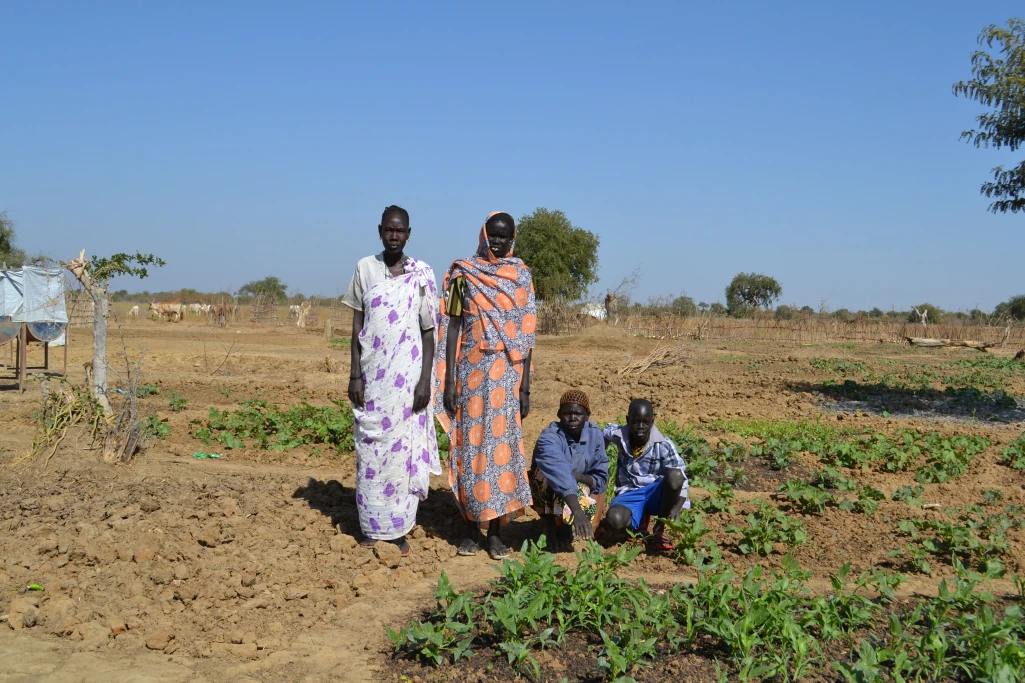
Some residents of Tuarlei town in Twic County, Warrap State, were seen idling at marketplaces on Friday morning in what appeared to be defiance of the go to farm or police cell order, Mayardit FM has observed.
On Thursday, Mangok Kom, county commissioner, issued the directive, banning wandering at marketplaces during farming hours, effective this morning.
The order is aimed at encouraging residents to focus on farming as well as discouraging them from spending time playing cards and dominoes and drinking during the farming season.
It also authorized law enforcement agencies to implement it by targeting those who do not work for humanitarian and UN agencies and civil servants.
However, Mayardit FM, during a visit to Turalei town this morning, learnt that some of the residents defied the order, with some giving lame excuses, ranging from hunger to “I am a returnee.”
“I just came back from Sudan. I have no food to eat, no farm to grow food on. Even if I had land, I would not farm because I am starving,” Malang Aguek told Mayardit FM.
For his part, Mabil Ater said:
“We are facing hunger at my house. Besides, one must have seeds to grow food. I do not have seeds.”
In accordance with the bylaw, police officers are required to detain idlers and release them in the evening when cultivation time ends.
When contacted, the county police director declined to comment on the matter.
The South Sudan Penal Code Act, 2008 defines an idle person as any person who, being able wholly or in part to maintain himself or herself or his or her family, willfully neglects or refuses to do so.
“Whoever conducts himself or herself as and idle person commits an offence, and upon conviction, shall be sentenced to imprisonment for a term not exceeding one month or with a fine or with both,” reads Article 378 (2).
Generally, agriculture in South Sudan largely reportedly remains at subsistence level with average field sizes of two feddans/acres per household, crop yields being very low: hardly one ton per feddan/acre due to use of poor-quality seeds, tools and agronomic practices.